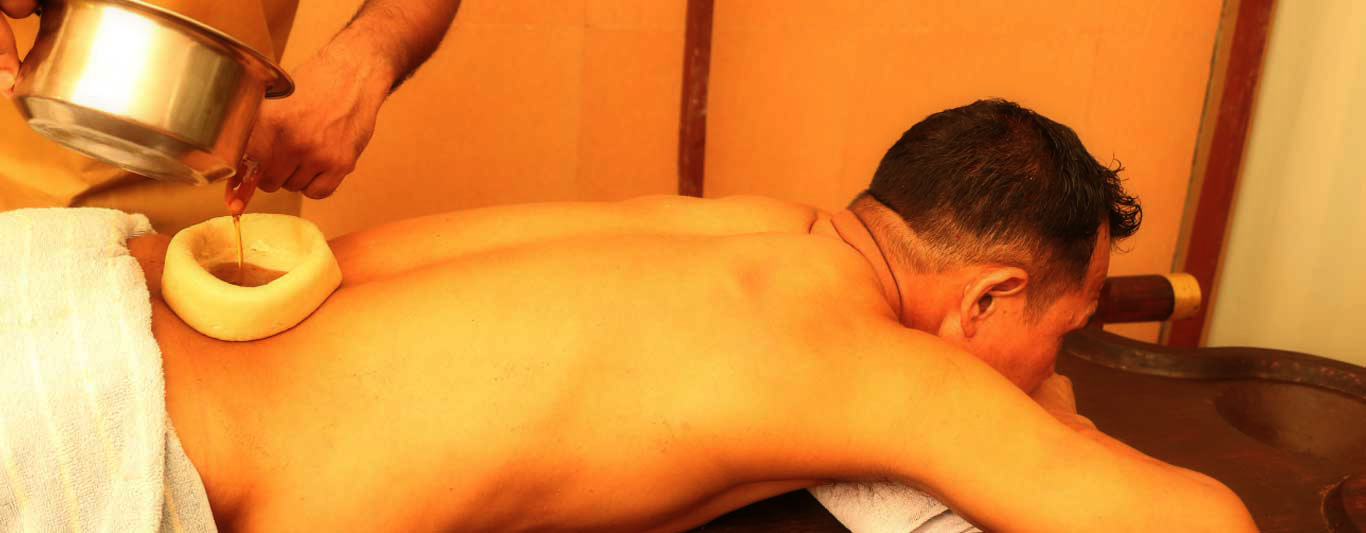Ascitis
Ascitis is accumulation of excess fluid in the peritoneal cavity. Although most commonly due to cirrhosis of liver, severe liver disease or metastatic cancer, its presence can be a sign of other significant medical problems, such as Budd–Chiari syndrome.
Symptoms
- Mild ascitis is hard to notice, but severe ascites leads to abdominal distension. Patients with ascitis generally will complain of progressive abdominal heaviness and pressure as well as shortness of breath due to mechanical impingement on the diaphragm.
- Other signs of ascitis may be present due to its underlying cause.
Ayurvedic perspective
From Ayurvedic perspective, liver cirrhosis reflects extreme aggravation of pitta dosha. Since liver is a seat of pitta, aggravated pitta affects the liver function and later vitiates other doshas as well. Rasa and rakta dhatus are particularly affected while other dhatus too become weak. Almost all functions of pitta such as digestion of food, complexion of skin, apetite, production of blood etc get considerably hampered.
Main procedure
The aim of treatment will be
- To bring Pitta dosha in balance
- To pacify the symptoms
- Nourishment of the body and tissues
- Detoxification through Panchakarma
Diet and Lifestyle advises
- Avoid hot, spicy, oily, and heavy foods; follow vegetarian diet.
- Avoid refined flour, polished rice (white rice), mustard oil, mustard seeds, canned and preserved foods, cakes, pastries, chocolates, and aerated drinks.
- Increase intake of whole-wheat flour, brown rice or parboiled rice, mangoes, bananas, tomatoes, spinach, potatoes, Indian gooseberries, grapes, radish, dried dates, raisins, almonds, and cardamom.
- Avoid unnecessary exercise and stressful conditions such as anxiety or anger.
- Take complete rest.
- Alcohol consumption should be stopped completely.
Simple Home Remedies
- Add half teaspoon of garlic juice to a glass of water and drink this on an empty stomach. Do this for a few days to reduce the pain and swelling.





